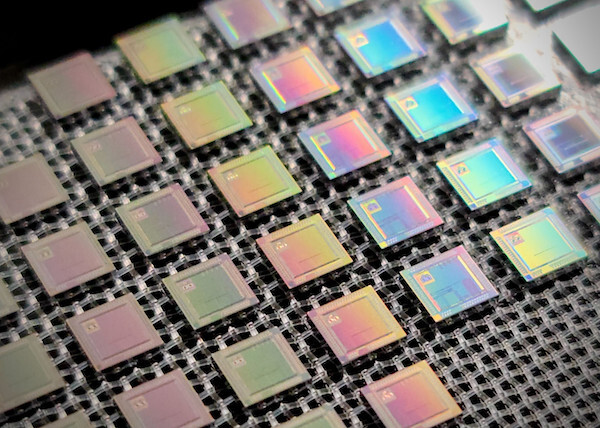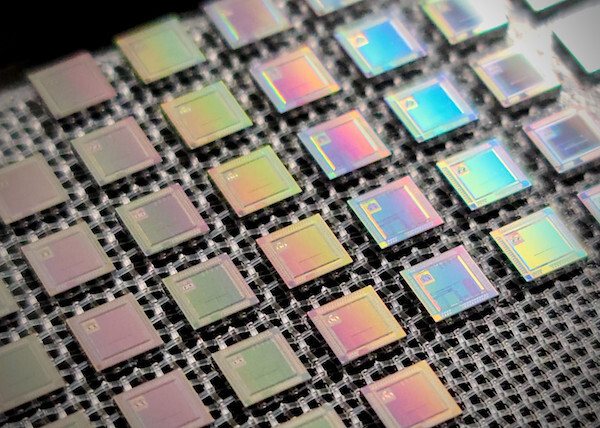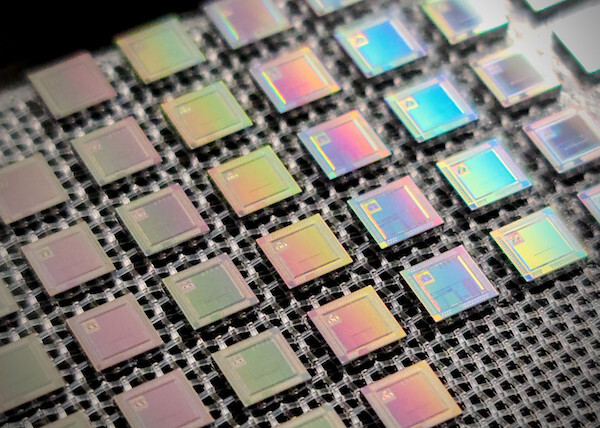

For those that believe that dictatorships are the only ones developing open source technology and that we should be fearful of China, I want you to watch this video regarding colonialism, the IMF debt traps placed on the Global South, and the myths of China’s trade deals with Africa (alternative link to an audio-only version). With this context in mind, you can begin to understand why countries are trying to break away from the imperialist rule of our so called democracies so they can finally build their own industries with the help of China’s trade deals, which are actually mutualistic. China is trying to build a network independent of Western hegemony, and this is why they are investing in their own open source tech.
Even if you still disagree, there’s nothing sad about this. This is a net benefit to research, development, and funding to the RISC-V ecosystem.
If you wonder why our so called democracies continue to make crappy proprietary systems, it’s because it serves the interests of corporations seeking to maximize profits by controlling and monopolizing technology. Thus, the use of open source technology by so called dictatorships might reflect their effort to counter the dominance of capitalist-owned proprietary technology.
So if these “dictatorships” are trying to overcome the struggle of Western hegemony working to spread “democracy” to nations, only to overthrow their governments when their citizens revolt or their leader wants to provide for their people, maybe it’s because we aren’t really the “good guys”. Maybe we are the dictators trying to monolopize the world for our own benefit (more specifically the benefit of the few rich that win this society of capitalist hunger games). If money speaks more than the citizens’ vote or cries for help in their own nations, and their leaders continue to work against the majority of the population, are we really democracies?






I’m sorry, but I believe I am in agreement with you. I am disgusted by the hijacking of the Cultural Revolution and the attempted assassination of Mao by his own close comrade. I am also open to different perspectives and want to improve my own to help humanity reach its best possible future. I intend to be a dialectical materialist and not an idealist. If my message came across as otherwise, I apologize. I am also still learning, and I only mean well. I appreciate your response as it helps me improve my understanding of China’s history. I am an American, so please forgive me if I make a bad take and/or miss important context regarding different countries’ histories. My goal is to avoid misinforming people.